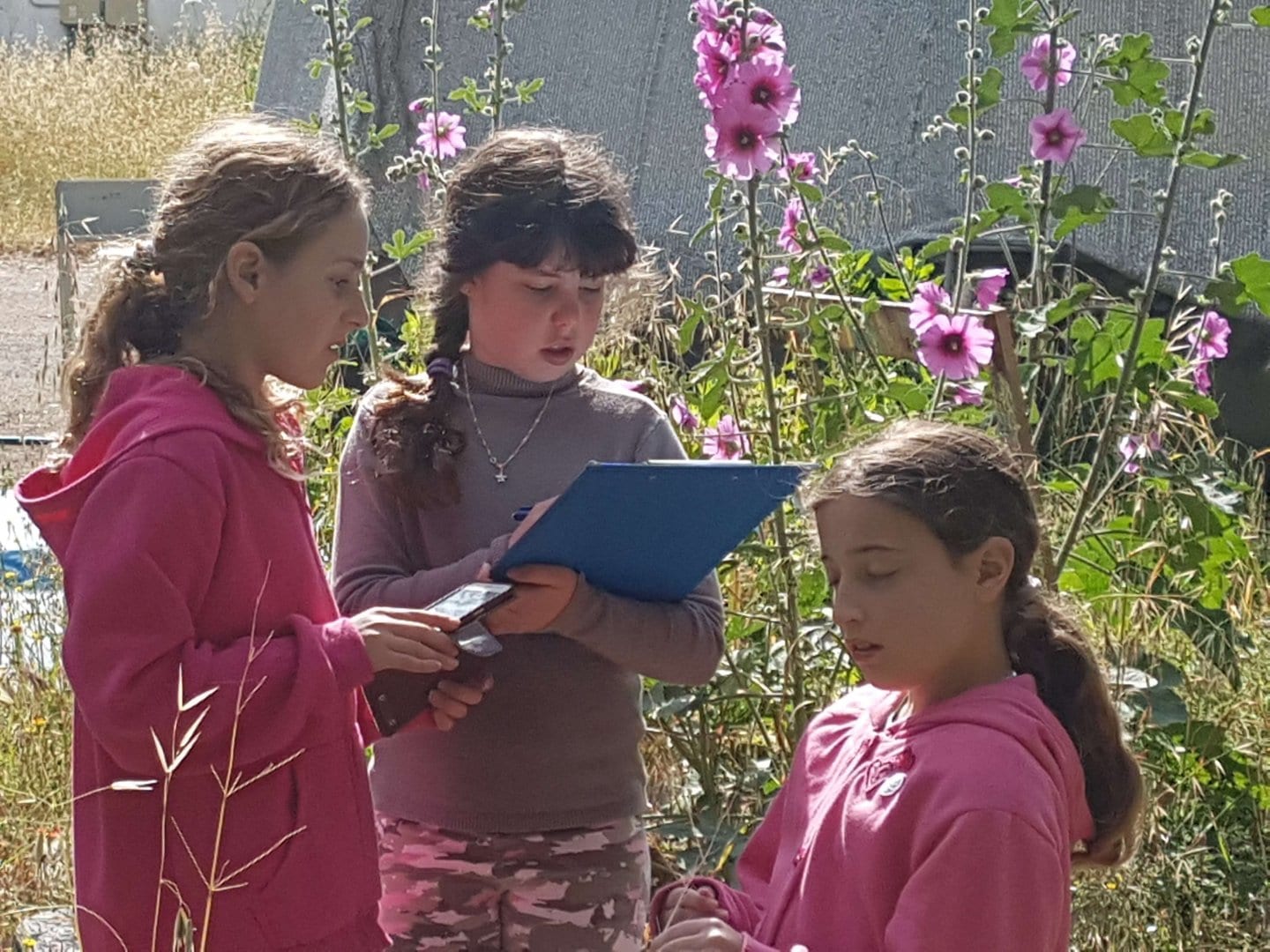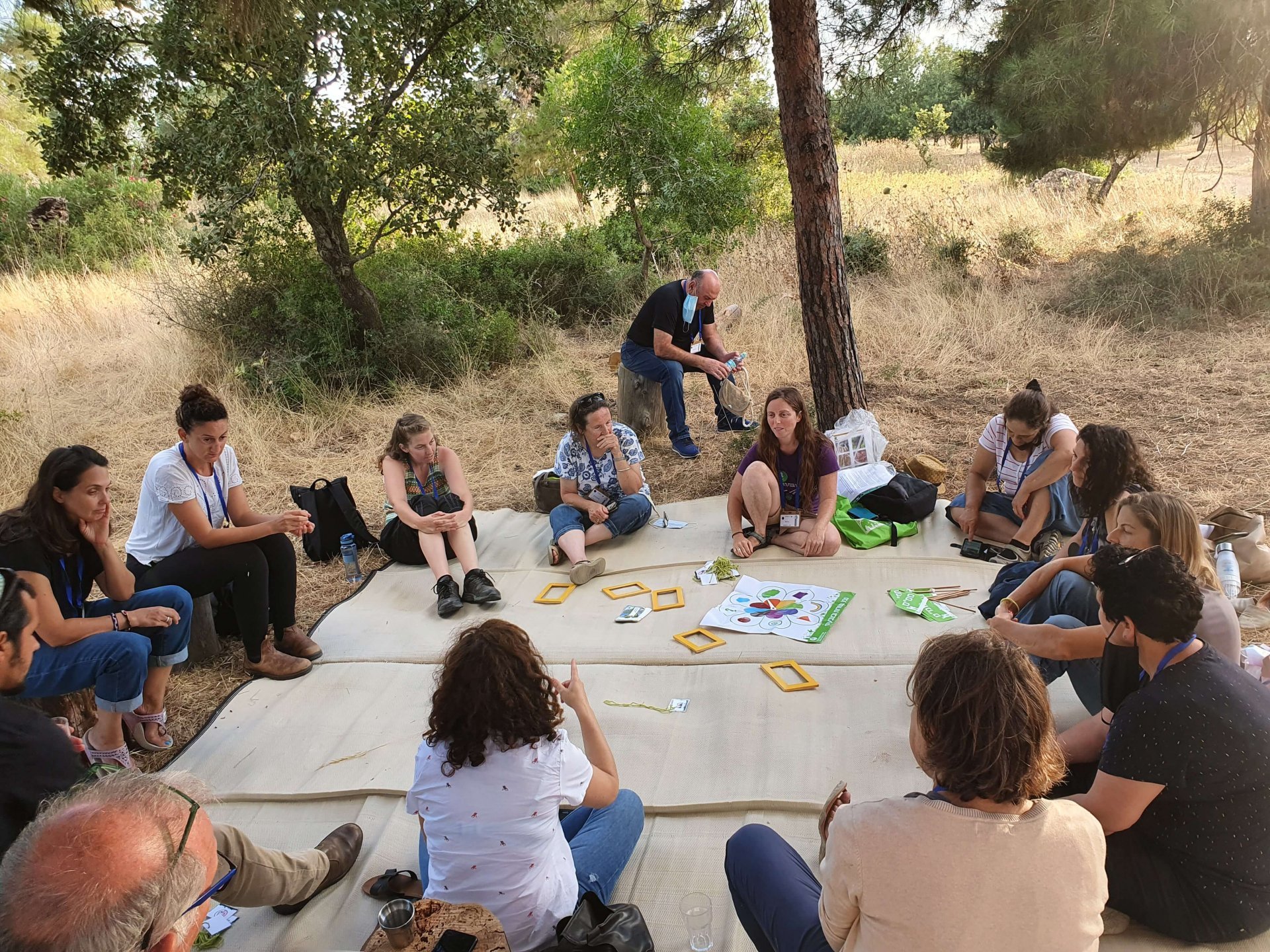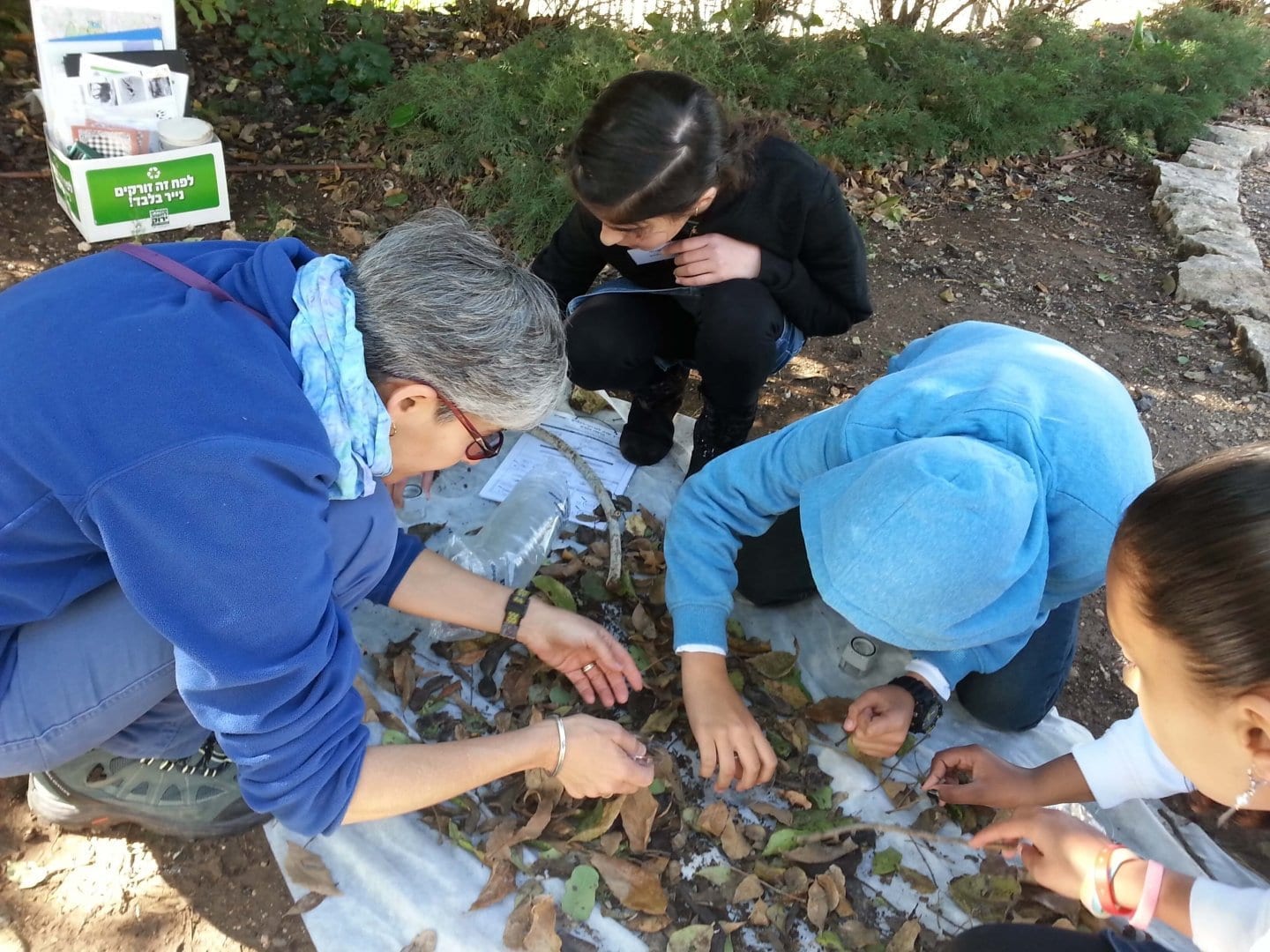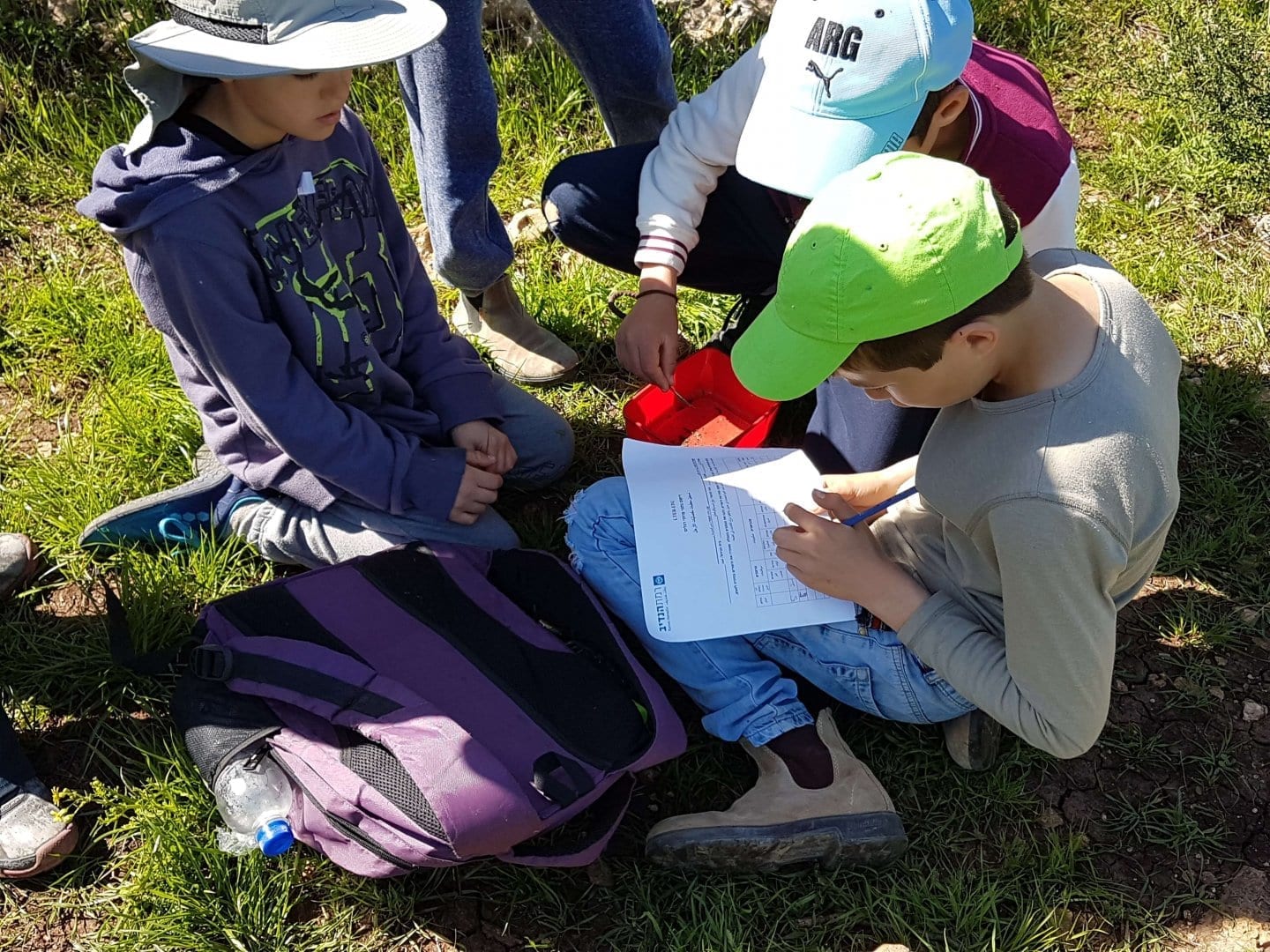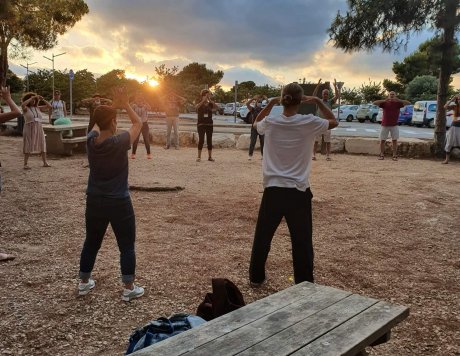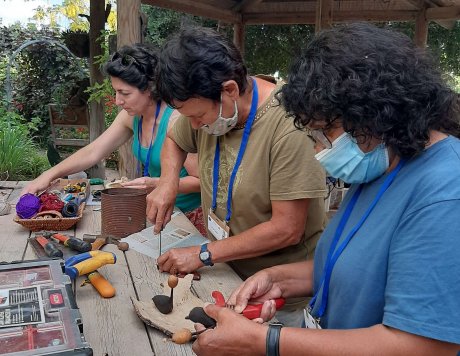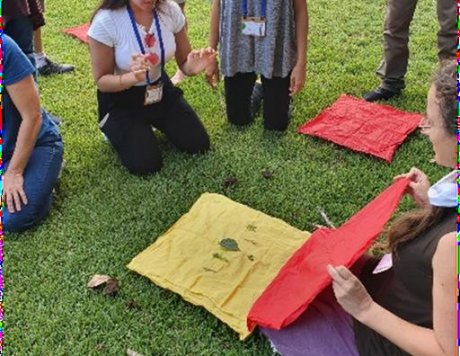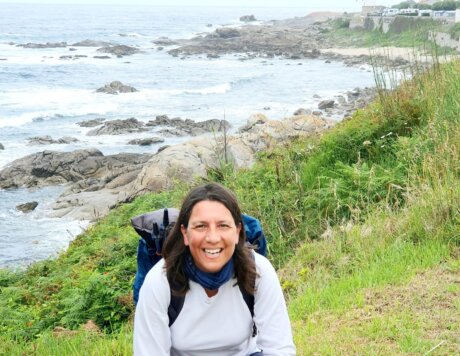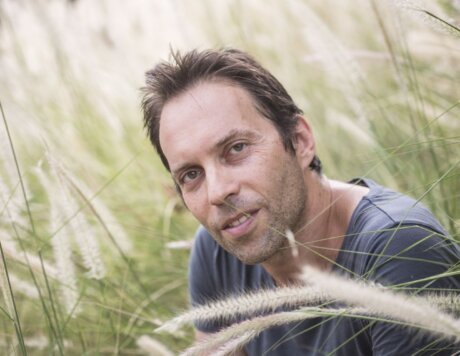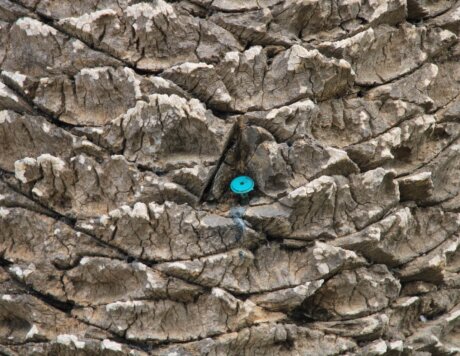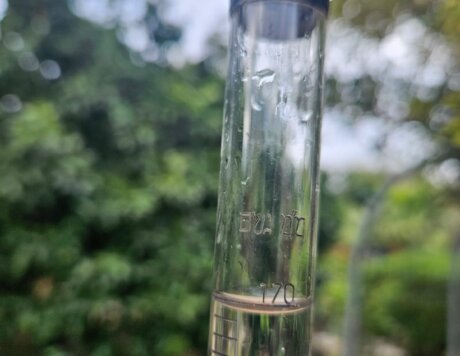At Ramat Hanadiv we routinely promote the field of learning outside through training and continuing education courses for teachers, and community meetings of educational staff, parents and anyone who feels strongly about this issue. ‘Ramat Hanadiv places great value on students going out to the natural space, because beyond all that has been proven by research, it encourages curiosity and a connection to the environment, society and sustainability; it turns the children into more active and involved citizens in their space.’
A Conference for Educators and Environmentalists
On June 25, a conference was held at Ramat Hanadiv with the participation of about 100 educators from the region; it included eight workshops run by experts working daily in a range of fields: nature therapy, observing nature, learning through gardening, creating with natural materials, forest education, wisdom of nature cards, citizen science and games.
The conference was planned for March, the peak of the school year, but


